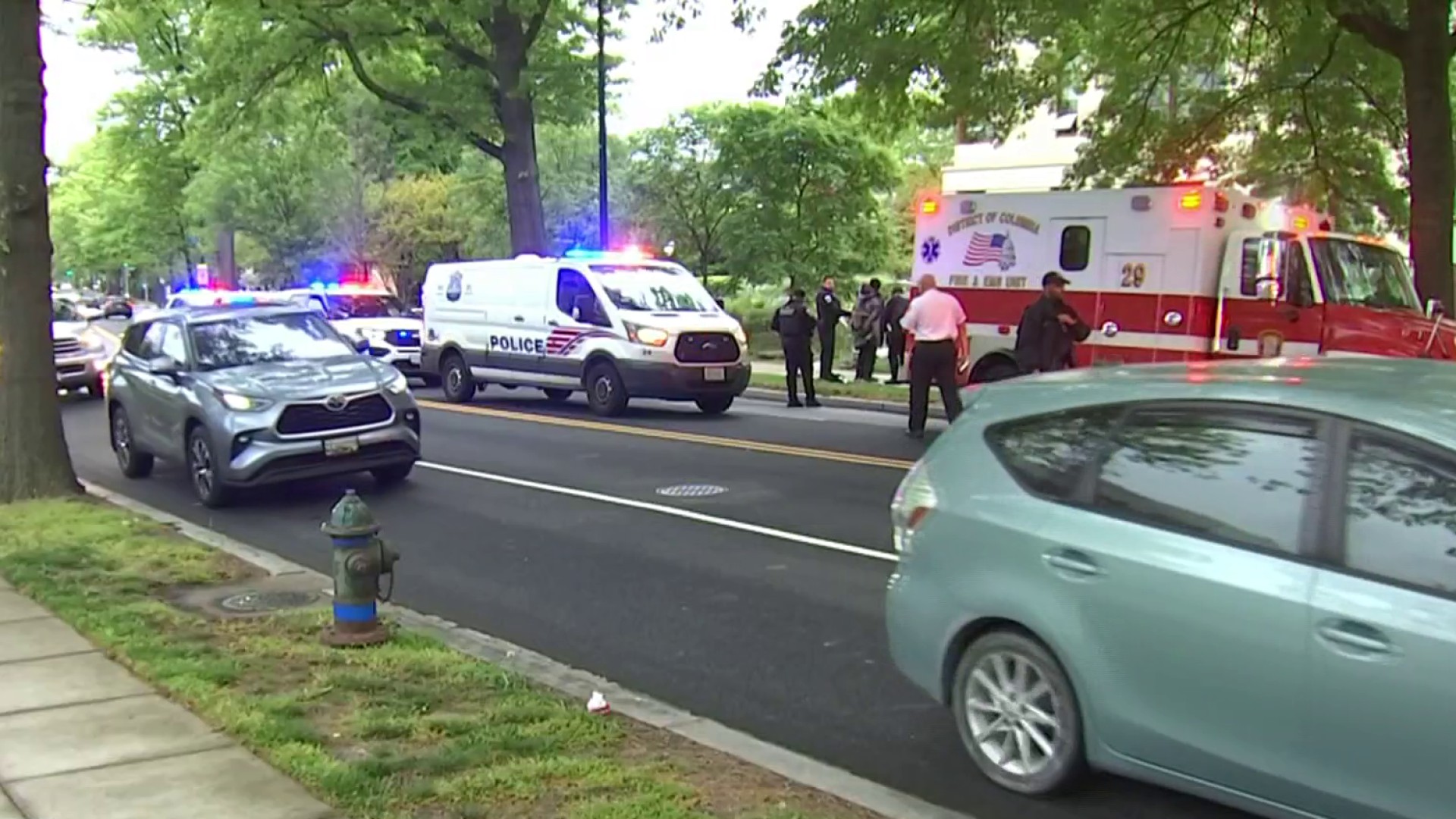A Maryland man said he knew going for a sleep study could lead to a sleep apnea diagnosis, but he had no idea it could also put him on the Motor Vehicle Administration’s radar.
Dr. David Allick, a dentist in Rockville, was diagnosed with mild sleep apnea in June 2022. Months later, he received a letter from the MVA requesting additional information about his diagnosis in order “to determine your fitness to drive.” The September 2022 letter noted failure to return the required forms, which included a report from his physician, could result in the suspension of his license.
“It was a big jump from a sleep study to a letter saying my license was going to get revoked,” Allick said.
Allick is among an estimated 30 million Americans with sleep apnea, a condition in which one’s breathing repeatedly stops throughout the night, leaving people more prone to daytime fatigue and drowsiness. Left untreated, sleep apnea has been linked to other medical conditions, such as cardiovascular disease.
We're making it easier for you to find stories that matter with our new newsletter — The 4Front. Sign up here and get news that is important for you to your inbox.
Allick said he isn’t clear how the state learned about his medical diagnosis. But more importantly, he said he was previously unaware of a little-known Maryland law requiring people to report their sleep apnea diagnosis to state driving authorities.
“I don’t want to downplay sleep apnea as a condition and prevent people from actually getting sleep studies,” he said. “But they should be aware that Maryland requires, if you are diagnosed with sleep apnea, to voluntarily submit that information.”
The I-Team found Maryland law lists sleep apnea among more than a dozen potentially serious medical conditions, such as diabetes, epilepsy or stroke, that can impact a person’s ability to drive safely. According to state law, “a driver must report the problem when it is diagnosed, or when he or she is applying for a driver’s license or renewing an existing driver’s license.”
Local
Washington, D.C., Maryland and Virginia local news, events and information
The I-Team reviewed driving laws from across the country and found several other states – such as Florida, New Jersey, Maine and Texas – also list sleep apnea as a condition that may be subject to medical review by state motor vehicle authorities.
Virginia law requires its Department of Motor Vehicles to ask drivers applying for or renewing a license if they have a medical condition that could prevent them from driving safely but doesn’t specify sleep apnea as among them.
D.C. code doesn’t specifically address sleep apnea either, but asks drivers with a condition that can “impair your ability to” safely drive to have their doctor submit a medical report.
But despite how common the disorder is, less common is how familiar sleep apnea sufferers may be with any reporting requirements.
“I've never heard of this requirement,” said Gilles Frydman, executive director of the American Sleep Apnea Association.
Frydman said while commercial trucking drivers are subject to medical examinations that may take sleep apnea into account, he was unaware of any state requiring regular motorists to voluntarily report their diagnosis. He told the I-Team he now plans to poll his organization’s members to gauge how many have encountered similar requirements across the country.
“We are definitely going to do a campaign trying to figure out what people know,” he said.
Dr. Peter Whitesell, medical director for Howard University Hospital Sleep Disorders Center, said the law is based on reasonable science as untreated moderate to severe sleep apnea can have effects on safe driving. Whitesell cited studies that show some forms of sleep apnea can cause impairment that mimics alcohol-impaired driving.
“When one has gone 18 hours without sleep, the impairment is starting to reach a comparable level to what alcohol intoxication does,” he said. “The impairment is very real.”
But Whitesell stressed physicians like him aren’t asked to report their patients to motor vehicle administrations – though he said he tells his patients about any potential self-reporting requirements. Further, he said he wouldn’t want potential sleep apnea sufferers to delay seeking medical care in order to avoid a hassle at the MVA. Severe forms of sleep apnea, he said, can not only impact their ability to drive safely, but cause a host of other medical problems.
“Hopefully people take the perspective that if I have a condition that makes me a less safe driver, wouldn't it be better that I get it identified, get it treated and become a safe driver?” Whitesell said.
The Maryland MVA declined an interview but said in a statement the MVA can be notified about a diagnosis through self-reporting, or by a physician, concerned citizen or a police officer.
A spokeswoman added customers applying for or renewing a license are asked whether they’ve been diagnosed with “any physical or mental disabilities, other than vision, which may affect your driving.” Marking “yes” to that question prompts a medical review.
The spokeswoman continued: “Once a medical condition is reported to MDOT MVA, a suspension may occur if a customer does not complete and return the medical review forms or if the [Medical Advisory Board’s] review of information provided by the customer and their physician indicates that a suspension is necessary.”
Still, the I-Team found what happened in Allick’s case appears to be relatively rare.
Through an open records request, the I-Team learned he’s among only 1,310 people whose sleep apnea diagnoses have led to medical reviews by the Maryland MVA.
The I-Team also asked the MVA how many Maryland drivers have had their license suspended in connection with a sleep apnea diagnosis, but the state said that data was unavailable.
In the end, Allick was able to keep his driver’s license after submitting required forms. He noted the process was even more stressful because the state initially asked for sleep data from his BiPAP machine, but he couldn’t immediately obtain the breathing machine due to a global shortage that has now mostly been resolved.
Allick said he still has questions about what prompted the ordeal.
“Everybody I talked to – nobody's heard of anything like this,” he said, also acknowledging: “I’m sure they want to keep the roads safe.”
Reported by Susan Hogan, produced by Katie Leslie, and shot and edited by Steve Jones.



